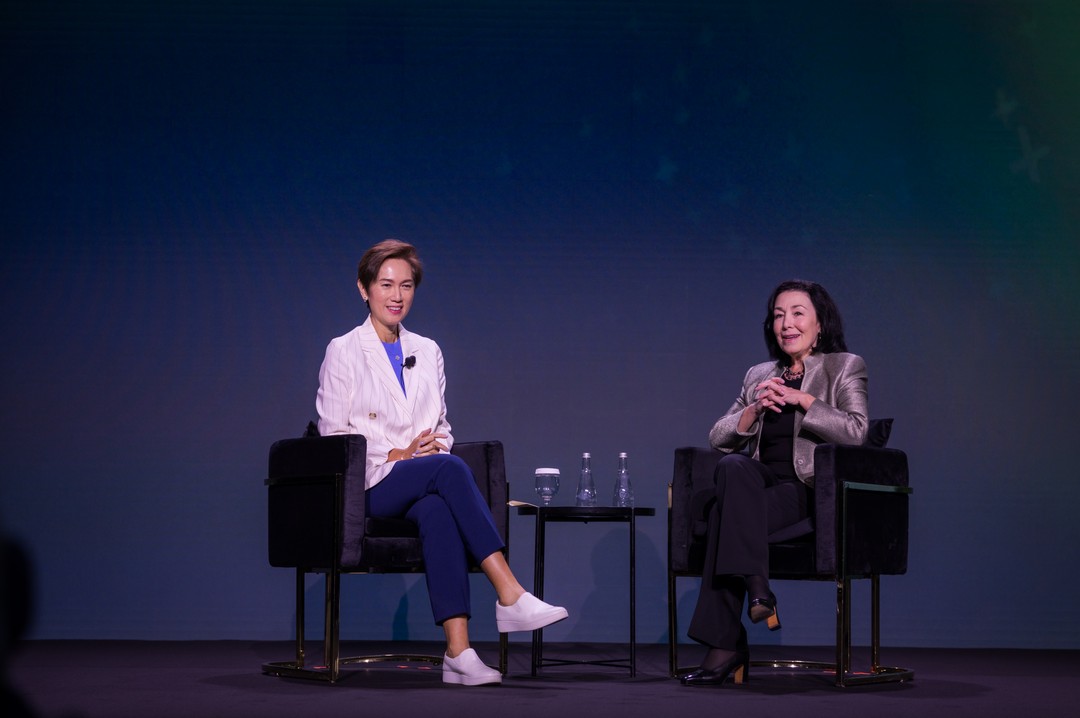
About 10,000 students and professionals in Singapore will be trained in in-demand technologies such as AI, cloud computing, cybersecurity and data science in the next three years, in a tie-up between Oracle and the Singapore government.
The collaboration, announced yesterday, is part of Singapore’s National AI Strategy (NAIS 2.0) which aims to triple the number of AI practitioners in the country to 15,000 over the next five years.
Josephine Teo, Singapore’s Minister for Communications and Information, said that in the four months since the NAIS 2.0 was rolled out in December last year, “Singapore is already making good progress towards realising our vision of cultivating a skilled tech workforce capable of driving innovation and meeting industry demands”.
The Oracle-Singapore collaboration is another example of the Republic’s commitment to staying ahead of the digital curve. It includes:
- Future-proof training: Oracle will provide internships and apprenticeships to students across five polytechnics in Singapore, equipping them with the latest technology skills.
- Upskilling opportunities: Through Oracle University, up to 9,700 learners will have access to training and certifications over the next three years.
- Real-world experience: Students will gain valuable hands-on experience through on-the-job training and mentorship from Oracle’s industry experts.
Teo, who is also Minister-in-charge of Smart Nation and Cybersecurity, acknowledged the initial scepticism surrounding the government’s efforts to encourage organisations to embark on digital transformation.
However, she also highlighted the successes from developing competency and training manpower to meet industry needs in the past.
The focus on cloud adoption from 2018, the recent green data centre initiative to promote sustainability and the current nationwide AI programmes are prime examples of the Republic’s digital transformation momentum.
In the years ahead, Teo stressed the importance of “democratising AI” and ensuring that everyone has access to its transformative potential. She was speaking with Oracle chief executive Safra Catz, at the opening of Oracle CloudWorld Tour yesterday in Singapore.
During the day-long conference, Catz also echoed the importance of AI, stating that it has “infiltrated into everything we are doing.”
In her remarks on how Oracle is preparing for the future, she shared the company’s commitment to innovation, including its extensive data centre network and the integration of AI into all its solutions.
Catz also highlighted the “remarkable amount of enthusiasm” she has witnessed from customers looking to leverage digital transformation, AI, and GenAI (generative AI) to achieve their goals.
Looking ahead, she said that the company is firing on all fronts. “We have more data centres than our competitors and we are embedding AI in all our solutions,” she stressed. “We are able to provide customers with the solutions at every point of their business.”
Oracle CloudWorld also featured success stories from organisations such as insurance company Great Eastern and healthcare group IHH Healthcare, which have harnessed the power of cloud computing to streamline operations, improve data management, and enhance customer experience.
Gary Teh, Great Eastern’s managing director for Group IT, explained how the insurance company consolidated 300 databases, migrating them to Oracle Cloud Infrastructure (OCI).
The explosion of data is the biggest challenge faced by the insurance company, he said. “Our business grew during the pandemic which led to an explosion of data. We had to put more effort on managing the data.”
The benefit of benefit of cloud service is that data can be scaled very fast, providing the company with a lot more availability and less downtime. At the same time, customer experience also improved, said Teh.
Backend IT staff could now be re-deployed to build new innovations, he added.
IHH Healthcare, which runs the Pantai and Gleneagles hospital chains, also moved a substantial amount of the company’s analytics workload to the cloud.
This has led to greater efficiency, said Linus Tham, IHH’s group chief information officer. The move gives the group better visibility on hospital operations, such as the availability of beds for patients.






